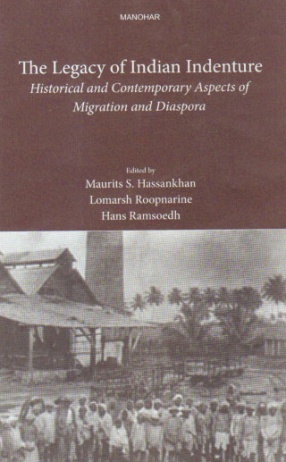Korea has witnessed a metamorphic change both in the arena of politics and economics. The factor that can be attributed to the change is the role played by the trade unions. The book suggests that the trade unions did indeed work as a social institution of change. Their mobilisation process resulted into the replacement of the authoritarian regime by a democratic political system. Democracy and development are so correlated that the establishment of the democratic system paved the way for economic development. The trade unions also had direct participation in the economic reconstruction of the country. This phenomenon what has been called double transition, in which transformation of the dependent capitalism of the authoritarian regime into an independent capitalism under the democratic system took place – and the credit for which goes to the trade union movement – is highly relevant in the present context. The book not only addresses this aspect but also brings to light some emerging problems like replacement of labour intensive technology by capital intensive technology largely due to the trade union militancy. How to take advantage of the opportunities and face the challenges in the wake of globalisation today are the vital issues that have been raised in the book. These and many more.
The Legacy of Indian Indenture: Historical and Contemporary Aspects of Migration and Diaspora
The articles in this volume ...
$63.90
$71.00





There are no reviews yet.